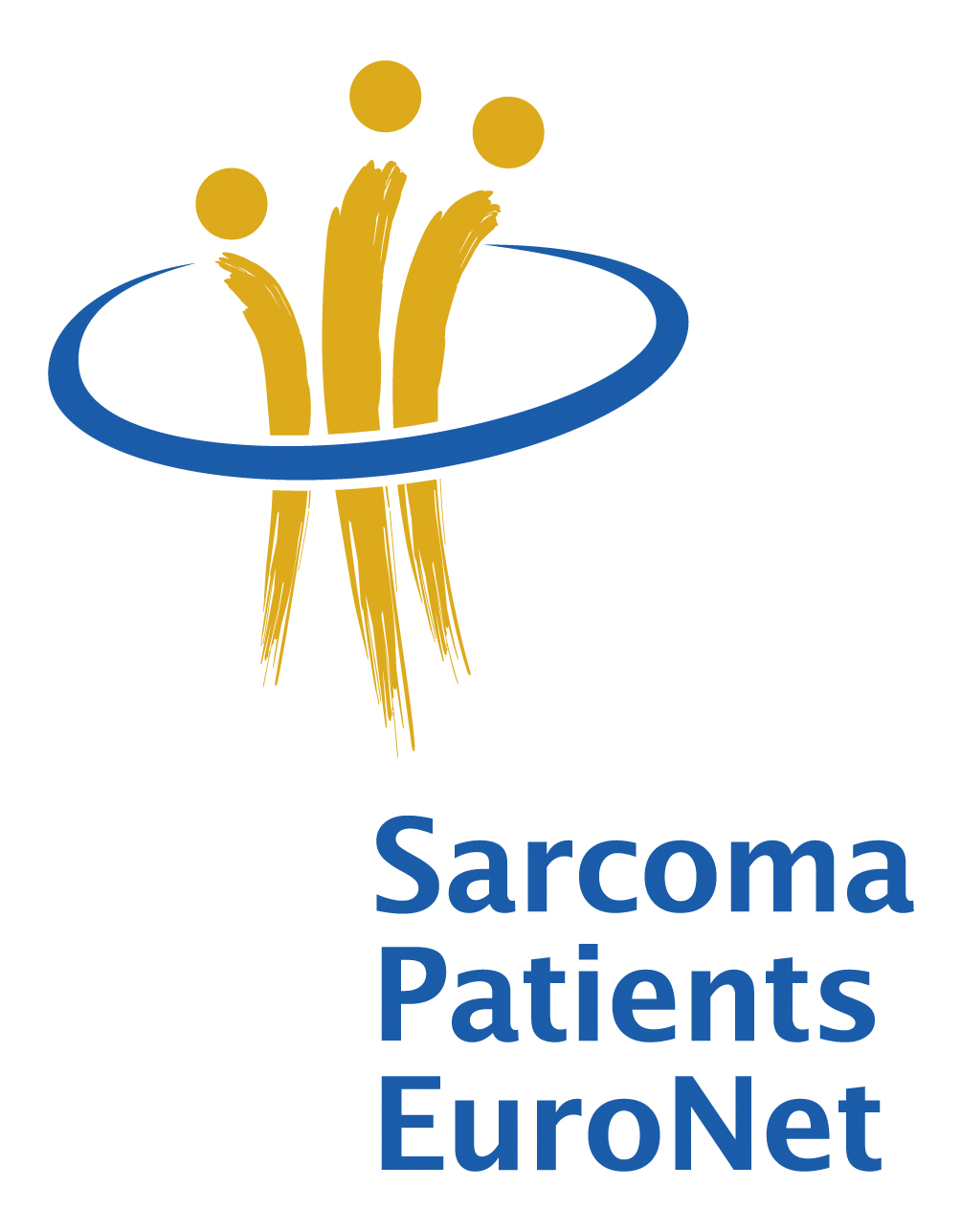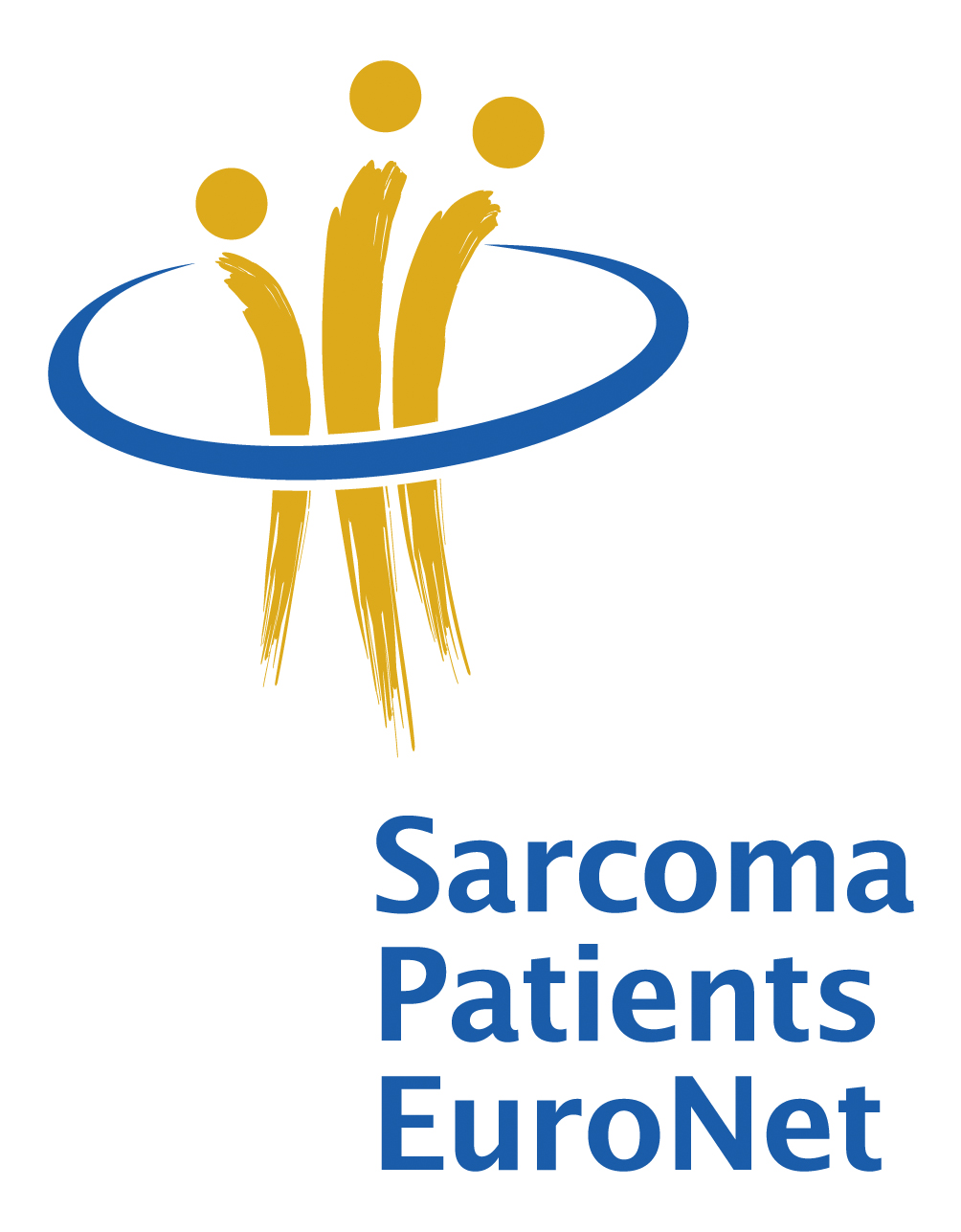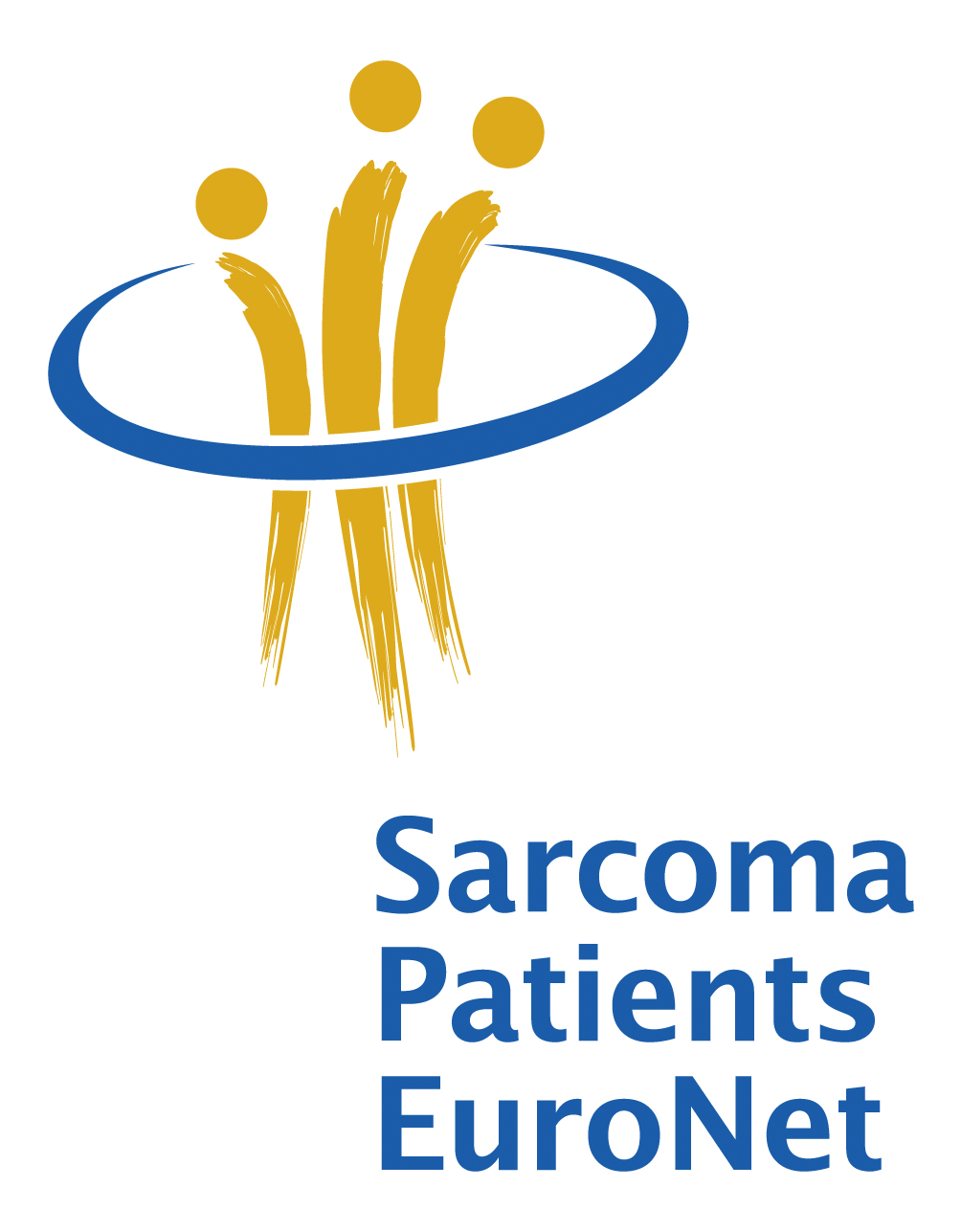10 Questions About Trials to Ask Your Doctor
Taking part in a clinical trial can be a good choice but it is often hard to find a clinical trial that is right for you. To find clinical trials:
- Talk to your doctor who may have a clinical trial available at your hospital
- Ask if there are other trials at nearby hospitals
- Search for trials online
- Contact the patient organisation in your country can be a great resource to direct you to clinical trials where available.
If you are considering taking part in a clinical trial, the doctor in charge will provide you with detailed information about the trial. This will include written information and a face-to-face meeting. You will also meet the study coordinator, often a senior nurse, who will also discuss the trial in detail. Carefully written information about the trial will also be provided. Take this away, read it carefully with your family members or supporters, and write down any questions you have about the trial to ask the doctor and study coordinator on the next occasion you meet them.
- There is no promise that the clinical trial will be right for you; clinical trials are very stringently arranged and people can be excluded from joining a trial for seemingly trivial reasons.
- The decision to take part in a clinical trial is entirely up to you. You should not feel pressured by your doctor or your family. Before joining, you should make sure that you understand the trial and that all of your questions have been answered.
- Being diagnosed with cancer is a very stressful time and some people find the additional uncertainty of a clinical trial is too much to consider; they would prefer to take the best standard treatment that is currently available.
- You can leave a clinical trial (“withdraw consent”) at any time during the trial without giving any reason for your decision.
- You will not be penalised if you decide not to take part in a clinical trial, or decide to withdraw later.
To help you make your decision, here are 10 questions about clinical trials that you might want to ask your doctor.





